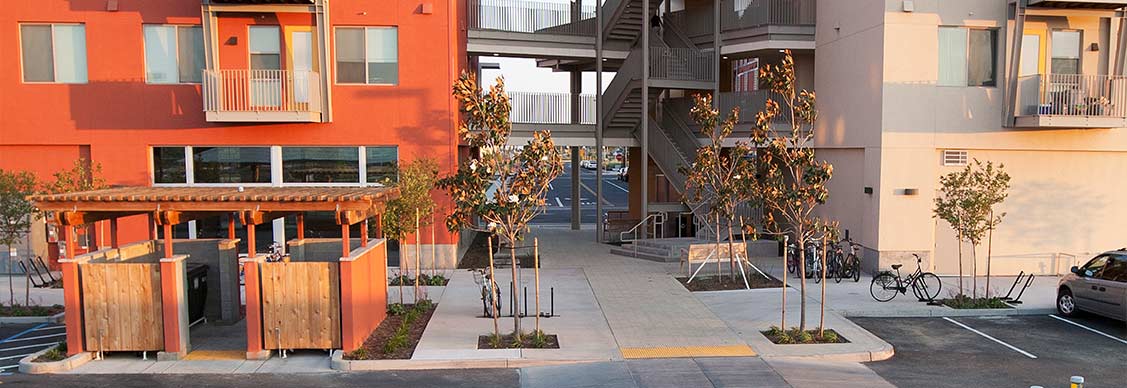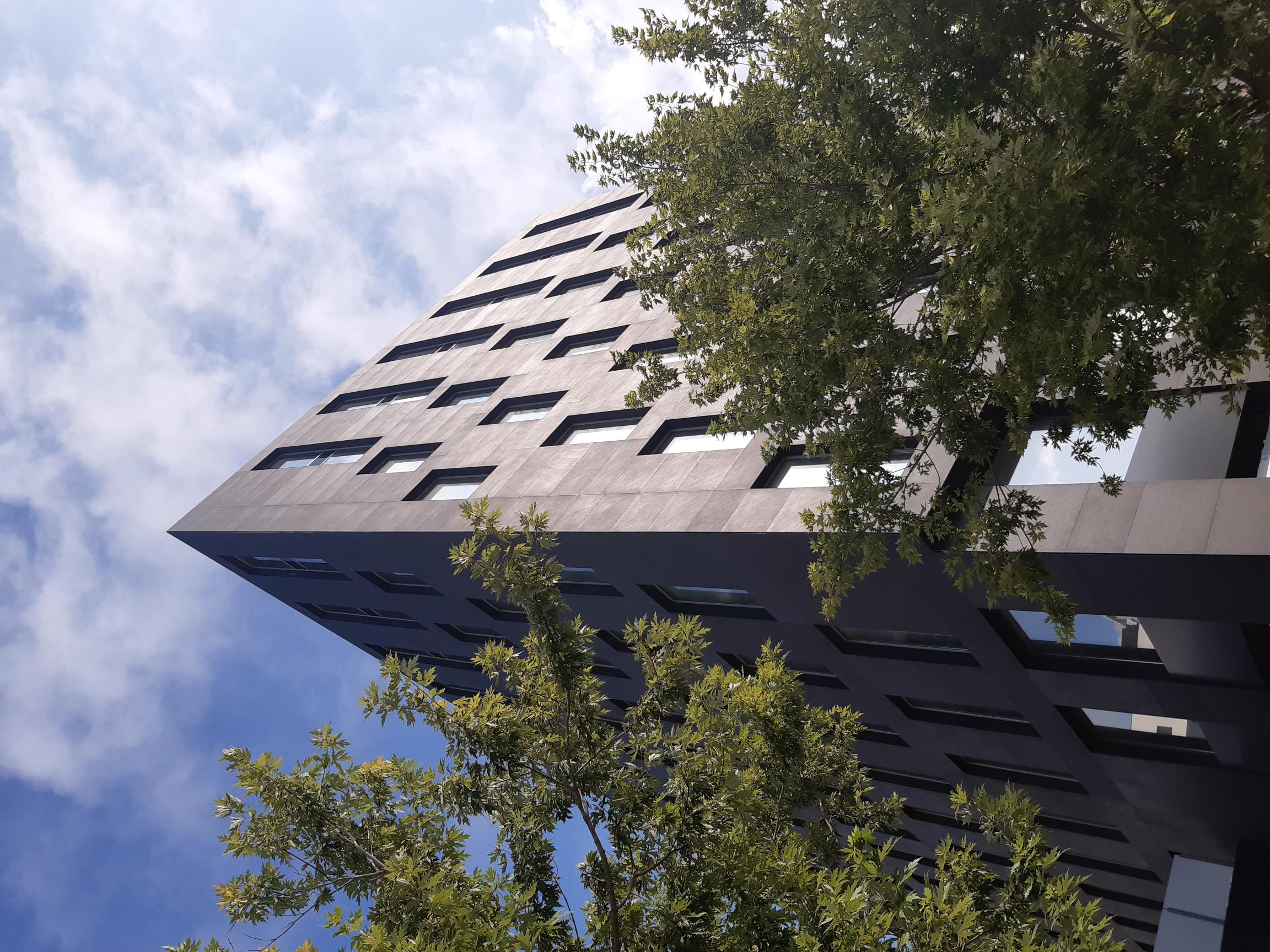Sustainable Tourism in Oman: A Vision 2040 Goal
Insights by Tania Toma, Senior Director, Consulting – MENA at JLL and Rima Farhat, Director, Consulting – MENA at JLL
Fuelled by an ambitious Vision 2040 agenda, the Sultanate of Oman is on a transformative journey that reflects the nation’s commitment to economic diversification, strategic infrastructure investments, and sustainable development. This article examines the growth of the vibrant real estate market in Oman as it plays a crucial role in realizing the goals of this vision.
With the World Bank predicting a favorable economic outlook for Oman, with real growth expected to reach 1.5% in 2024, and S&P Global Ratings recently upgrading Oman's outlook to "positive" from "stable," the country's steady path to economic resurgence has made it a compelling destination for investors. As part of this transformation, Oman's youthful demographic, with 64% of the population below the age of 30, contributes to the rising demand for quality housing. The government's robust support, through initiatives like the Real Estate Investment Trust (REIT) Fund and land grant programs, has created a fertile ground for institutional investments in this sector.
Oman's tourism potential and the Vision 2040 drive towards Integrated Tourism Complexes (ITCs) continue to attract foreign investors, offering a unique opportunity to acquire prime real estate in Oman's most sought-after locations. These ITCs are freehold mixed-use developments that seamlessly blend hospitality, tourism, residential, commercial, and recreational facilities, catalyzing the growth and diversification of the tourism industry.
In Muscat, the capital city, the residential market has historically consisted of scattered developments dominated by aging units. However, the rise of ITCs since 2006 has provided a qualitative addition with unique and modern architectural styles that cater to various levels of luxury, convenience, and comfort. Prominent ITC developments like Al Mouj, Muscat Hills, Jebel Sifah, Bar Al Jissah, and Muscat Bay overlook scenic landscapes and offer world-class luxury and unprecedented levels of sophistication. Additionally, branded residences such as Mandarin Oriental and St. Regis cater to buyers seeking luxury oceanfront living in upscale communities.
The surge in ITCs and branded residences lays the foundation for a new living experience in Oman, aligning with the global trend in urban planning that focuses on creating integrated, livable communities fostering social interaction and networking.
Looking for more insights? Never miss an update.
The latest news, insights and opportunities from global commercial real estate markets straight to your inbox.
Oman has welcomed a record-breaking 4 million visitors in 2023, with projections to grow the tourism sector's annual GDP contribution to 9.8% of the country's economy by 2034. With a targeted US$31 billion in investments by 2040, Oman's tourism sector presents a lucrative opportunity for real estate development. This is supported by infrastructure development, including airports and roads, as well as a substantial expansion of hospitality projects, resorts, serviced apartments, and vacation homes.
To meet the demands of this growing sector, Oman approved 19 Integrated Tourism licenses in 2023, committing US$11.37 billion to hospitality and real estate investments. These initiatives will introduce over 16,500 hotel rooms and 42,500 housing units nationwide, potentially boosting foreign investments and creating direct and indirect employment opportunities.
As Muscat transitions towards a more urban setting, the capital city is well-positioned to seize opportunities provided by a shift to community-oriented living, integrating quality-of-life elements consistent with global real estate trends. ITCs in Muscat, characterized by wide open spaces, healthy outdoor amenities, and essential 'Live, Work, Play' elements, currently command premium rental and sales prices. To tap into the global wellness tourism trend, ITC developers in Muscat can enhance their prospects by developing spa resorts, wellness retreats, and eco-friendly accommodations. Such well-planned communities offer a flexible and convenient lifestyle, attract higher premiums, and promote the holistic health of residents.
Investment Opportunities
The growing demand for convenience, energy efficiency, and security can be achieved by integrating technology to transform living spaces and utilizing smart home innovations, including real-time alerts and remote monitoring capabilities, thus supporting the holistic health of residents.
Reflecting the emerging global trend for affordable housing, Oman's Ministry of Housing and Urban Planning has outlined initiatives to support robust growth and provide accessible and suitable housing for all income groups. These initiatives open doors for public-private partnerships and align with Oman Vision 2040 goals, promoting familial and community stability while ensuring inclusivity and social sustainability in the real estate market.
Alongside the development of ITCs, recent urban transformations in Muscat demonstrate a clear focus on preserving heritage and fostering economic development to attract tourists interested in cultural experiences. The growing demand for heritage tourism accommodations and venues plays a significant role in shaping the real estate landscape.
Contact Tania Toma & Rima Farhat
Senior Director, Consulting – MENA at JLL & Director, Consulting – MENA at JLLWhat’s your investment ambition?
Uncover opportunities and capital sources all over the world and discover how we can help you achieve your investment goals.



